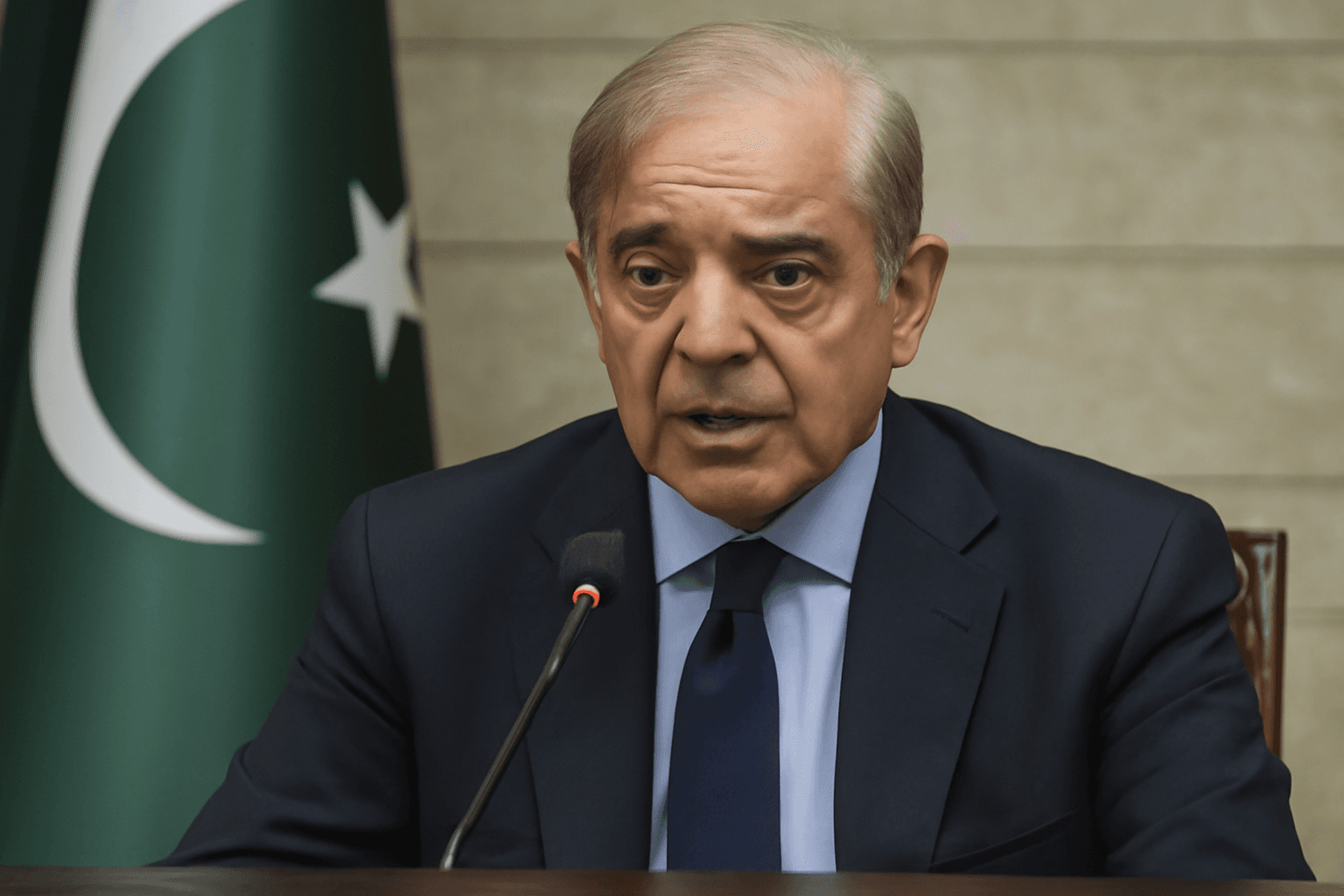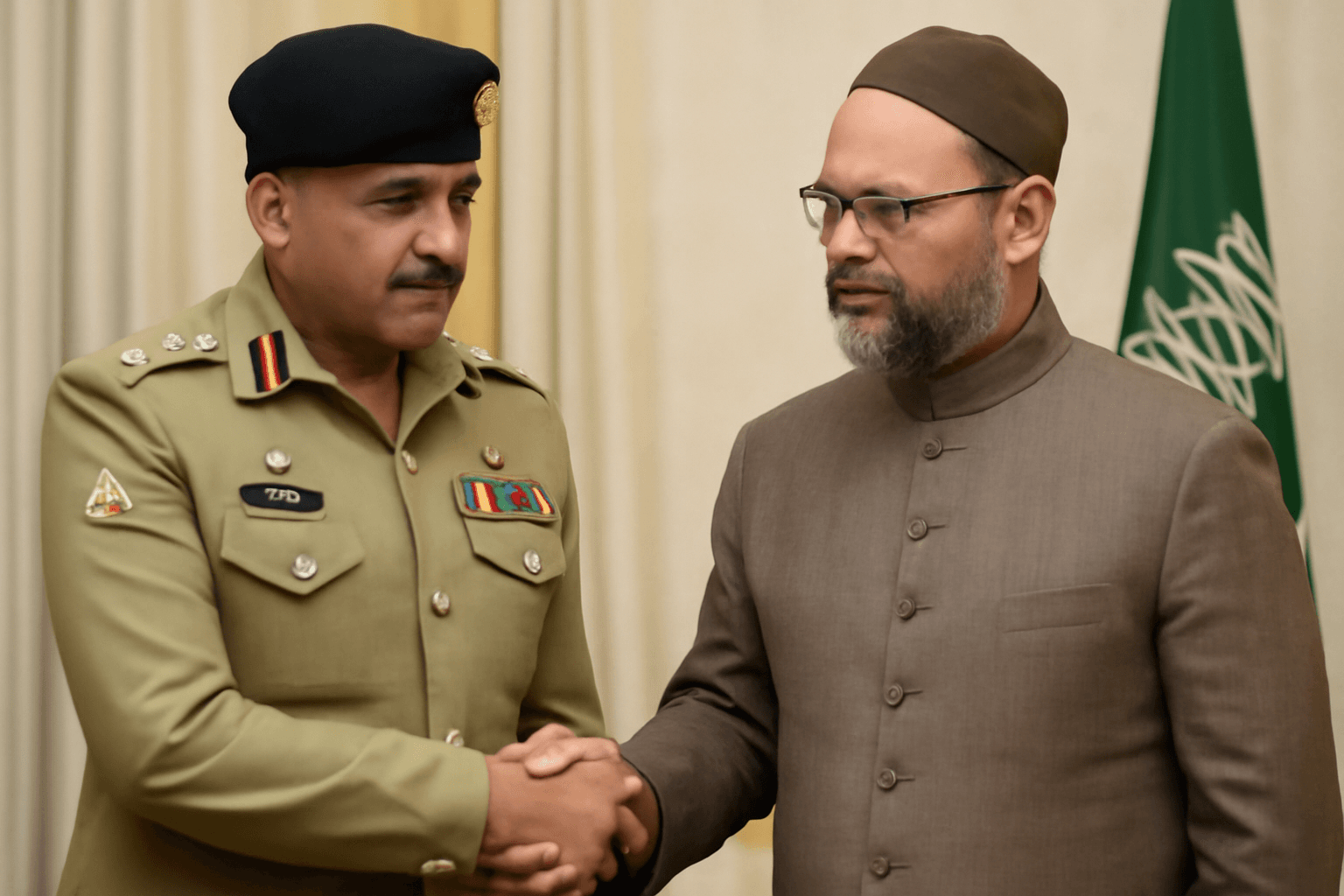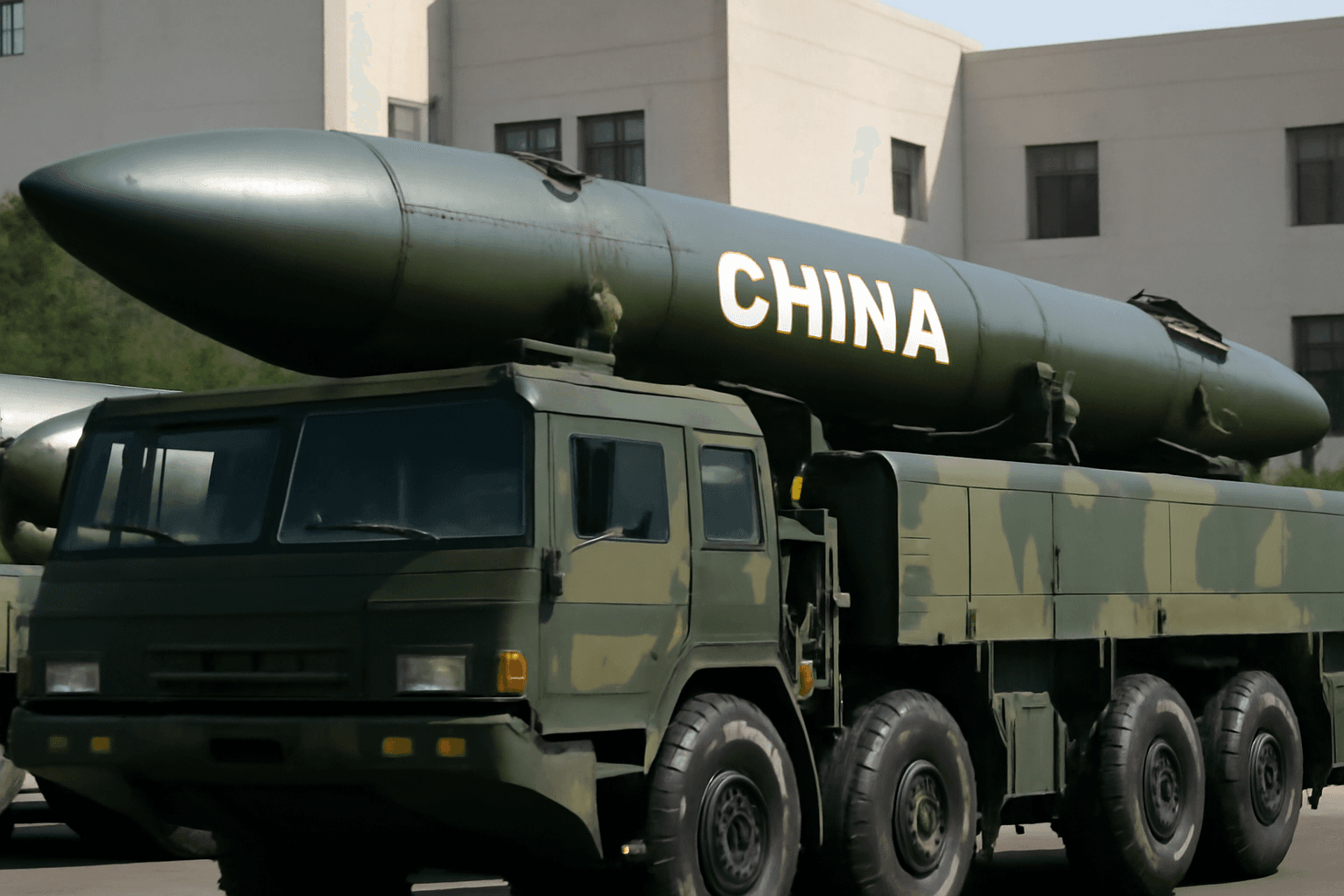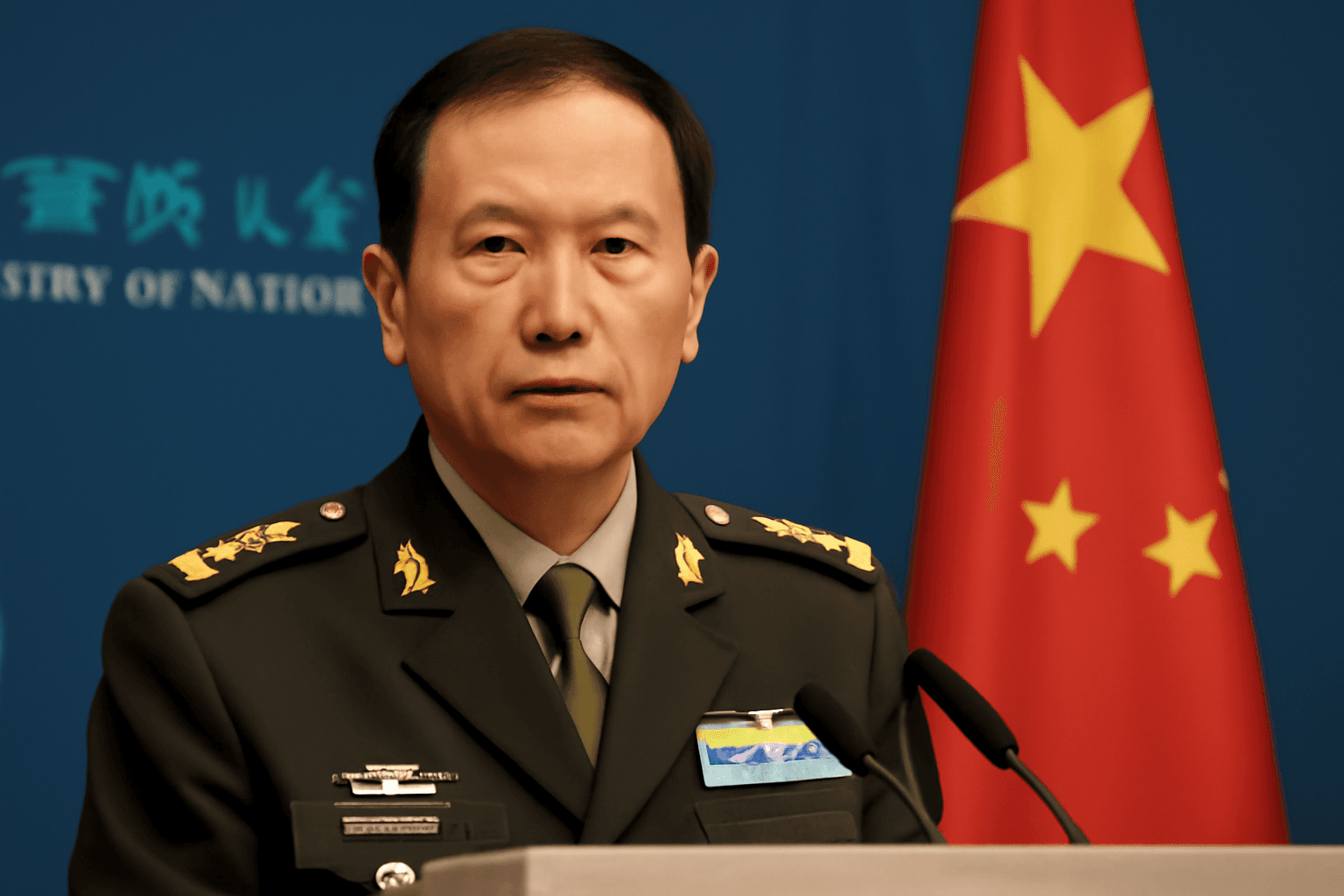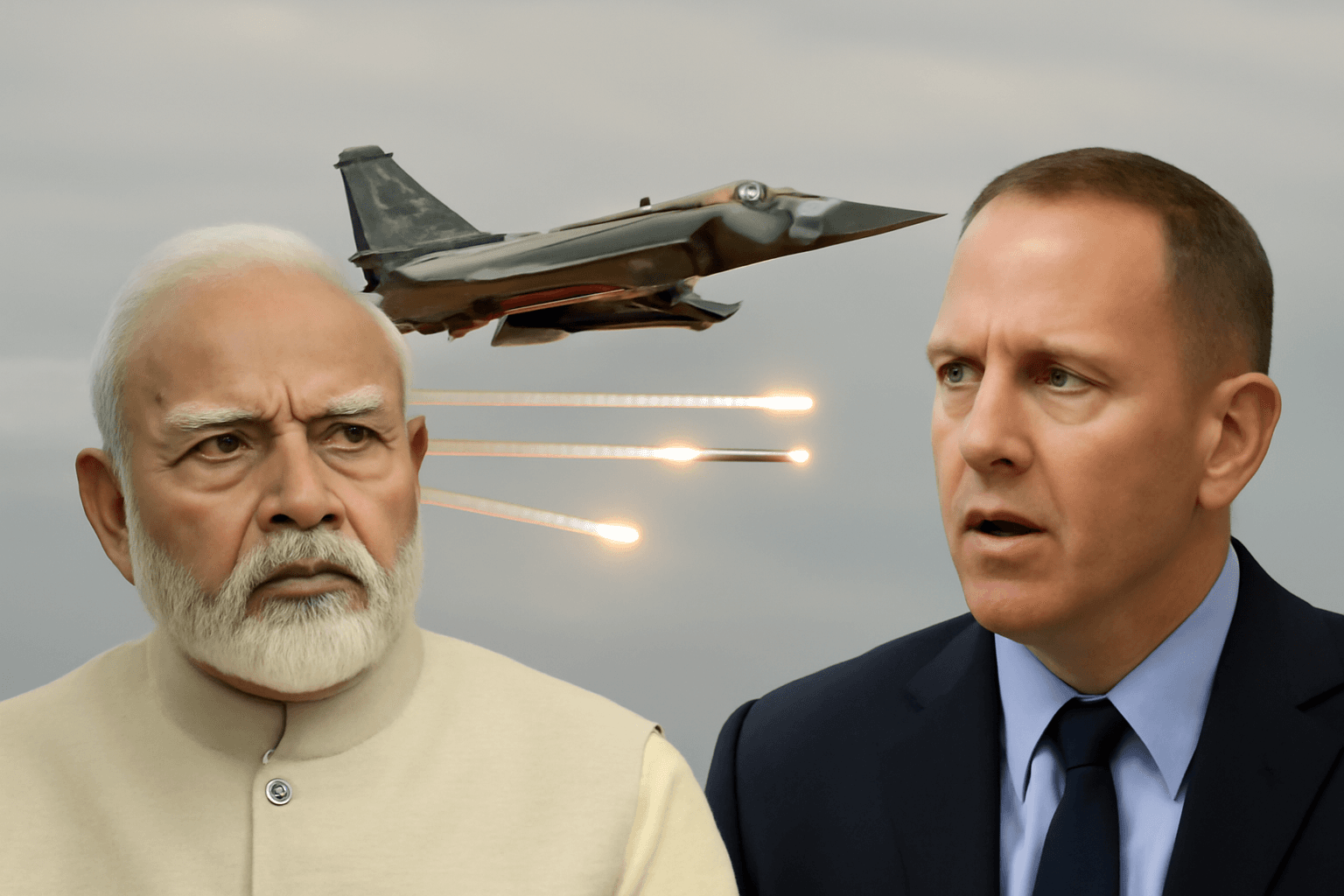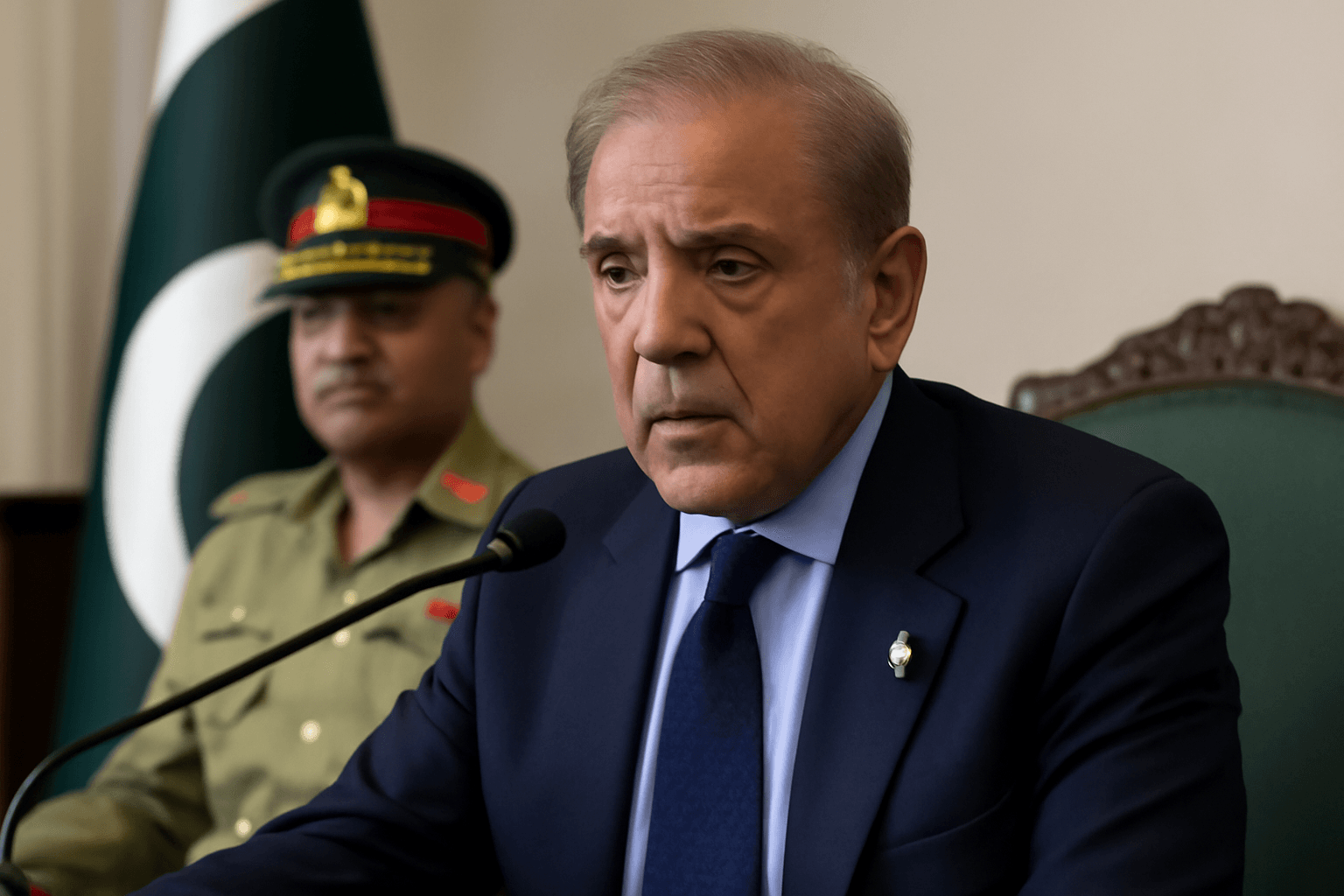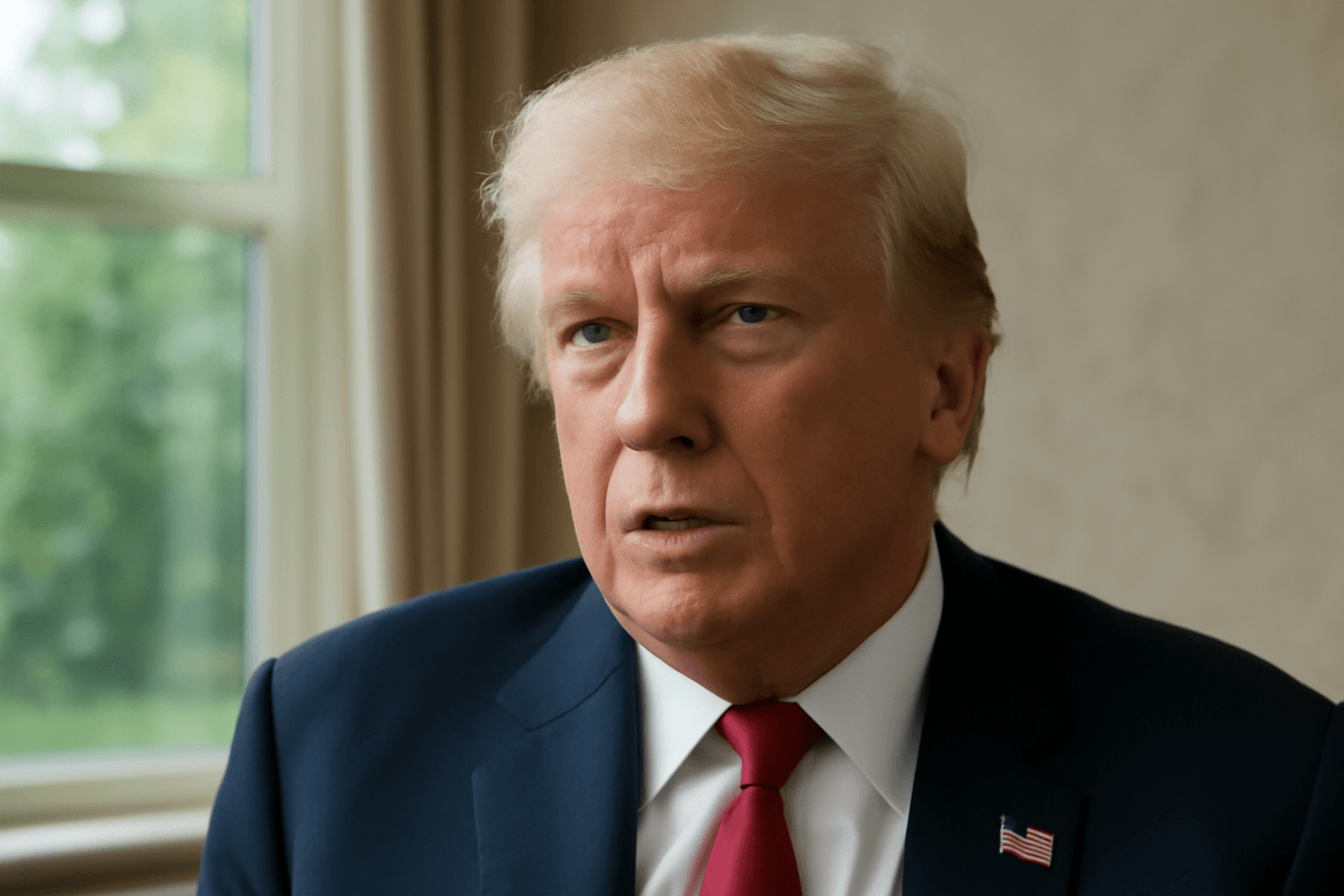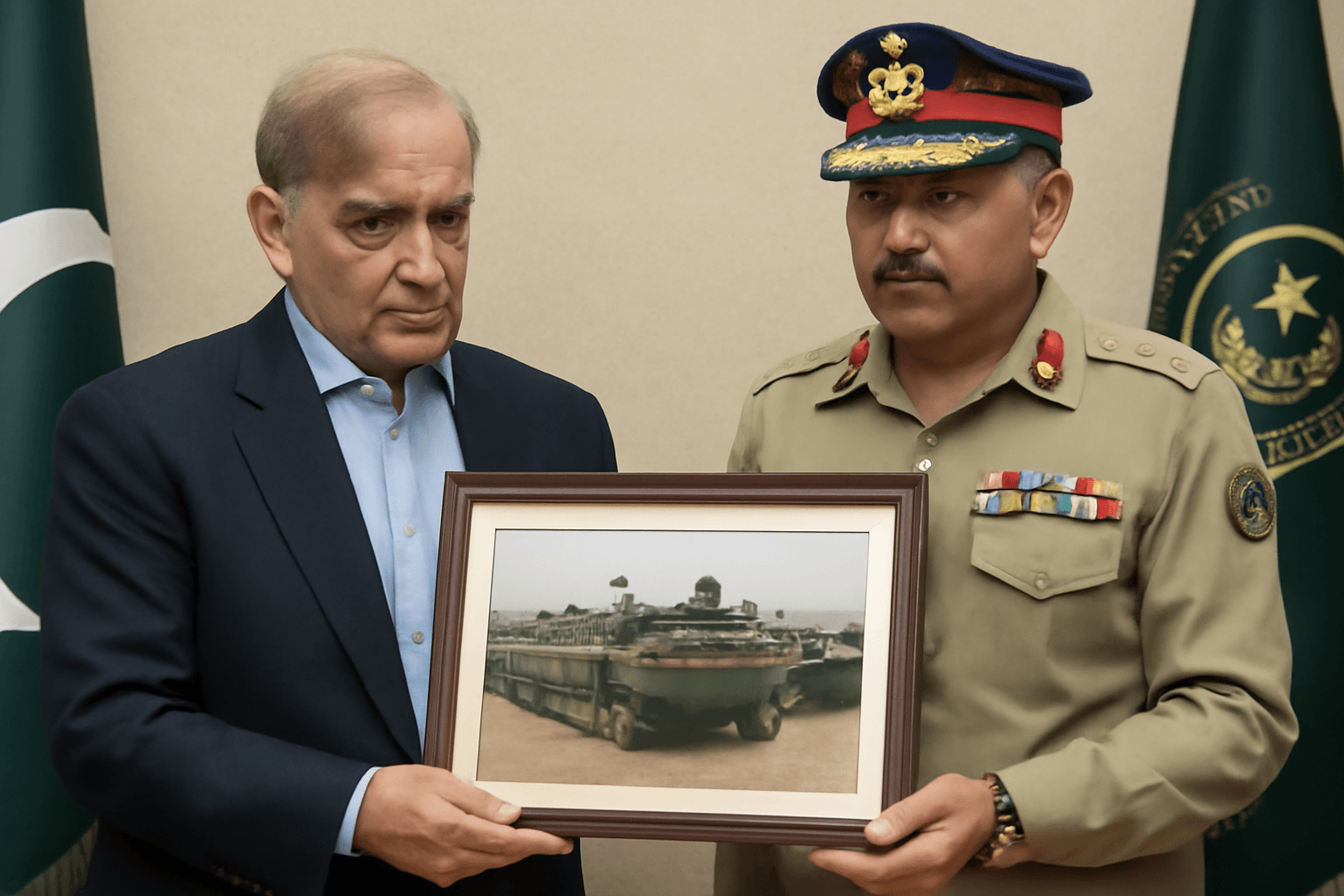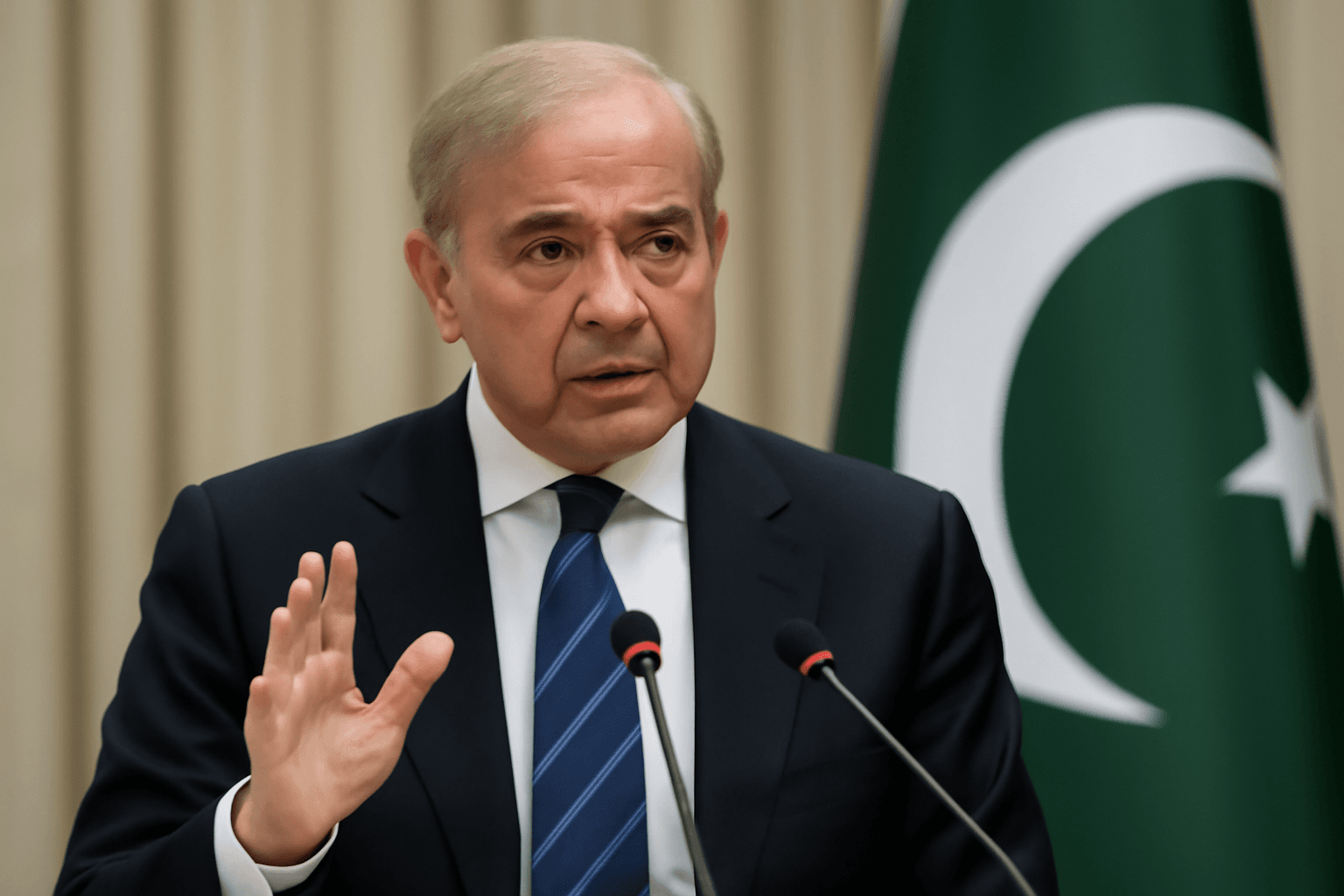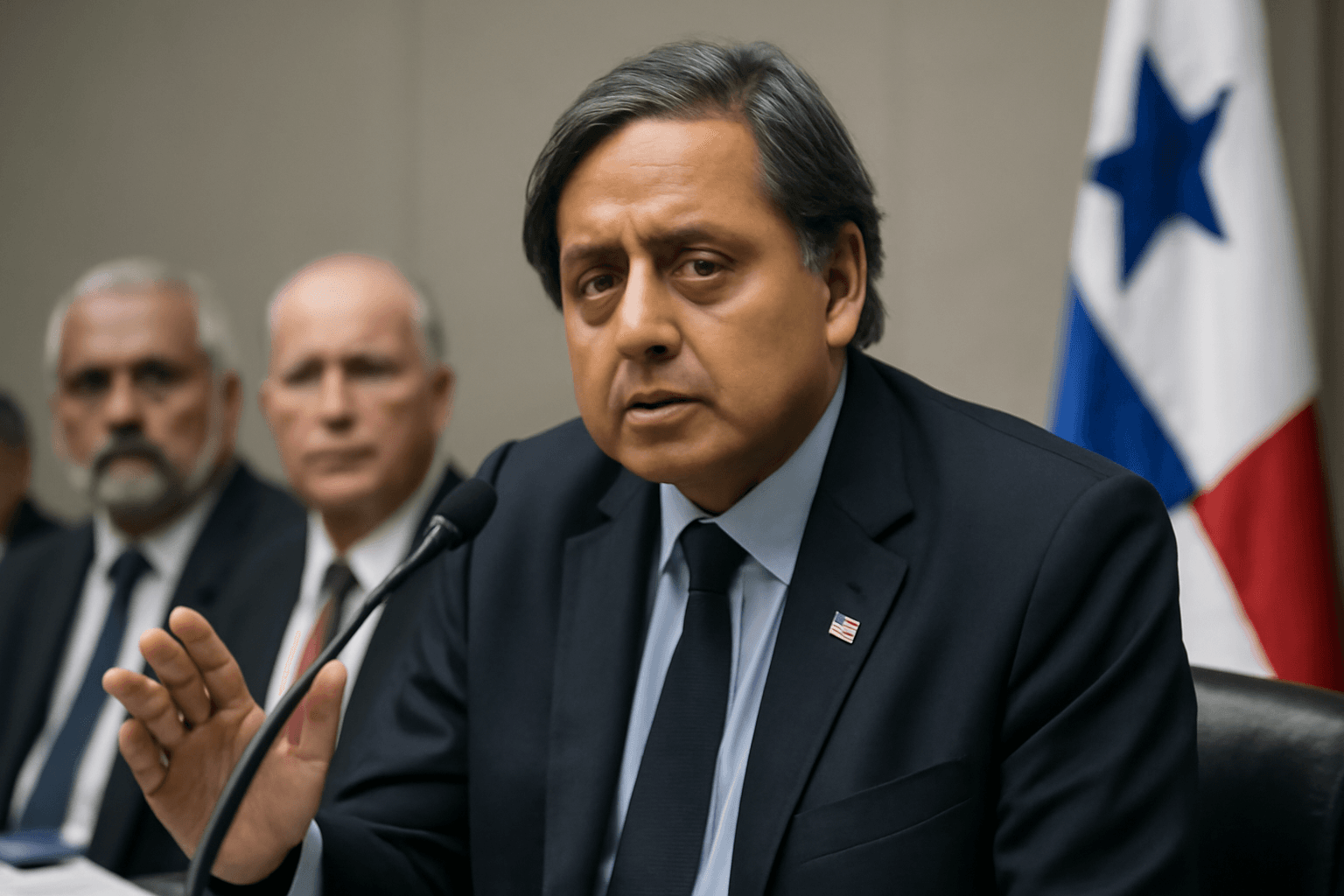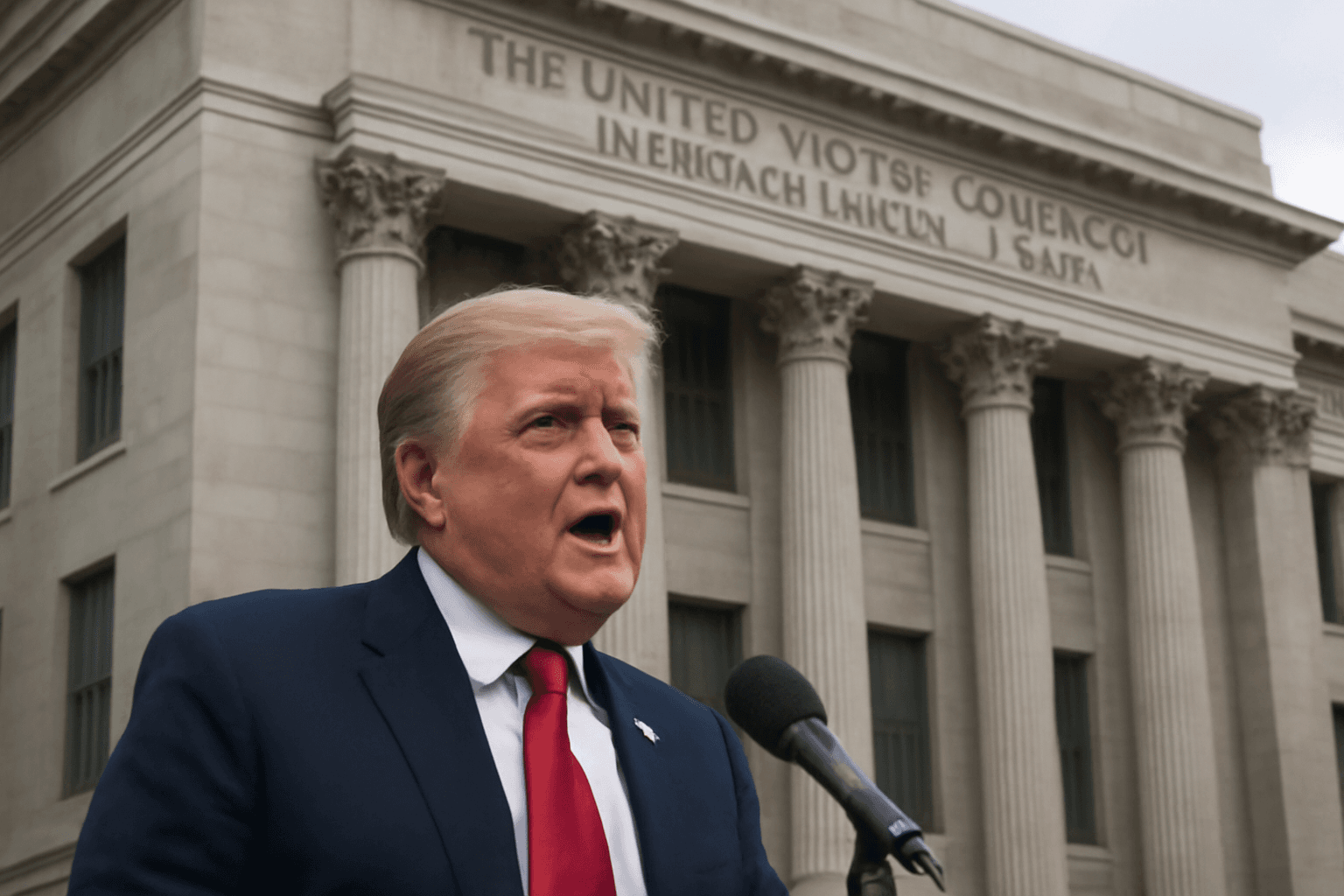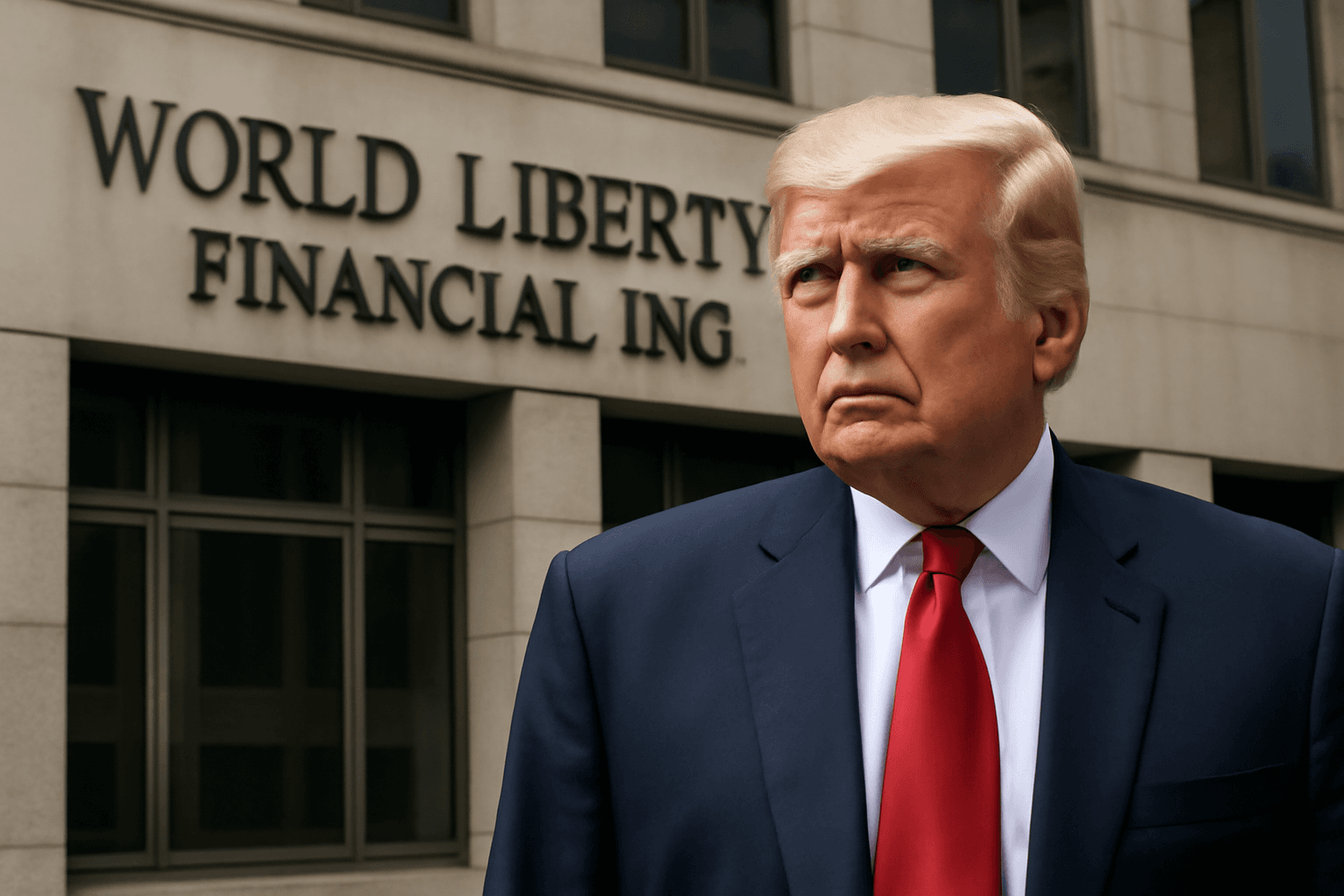During an event in Azerbaijan, Pakistan Prime Minister Shehbaz Sharif disclosed that Indian BrahMos missile strikes targeted multiple Pakistani airbases, including Rawalpindi, on the night of May 9-10, 2025. This preemptive attack caught Pakistani armed forces off guard, preventing their planned retaliatory operation scheduled after morning prayers on May 10.
Sharif stated, "On the night of May 9-10, we planned a measured response to Indian aggression, intending to act at 4:30 AM after Fajr prayers. However, India launched BrahMos missiles beforehand, striking various provinces and the Rawalpindi airbase."
He further revealed that Army Chief Asim Munir, recently promoted to Field Marshal, had informed him about the strikes. This is the second instance in recent weeks where Sharif has detailed the impact of Indian retaliatory attacks.
India's strikes targeted 11 Pakistani military sites, including the strategically important Nur Khan Airbase in Rawalpindi, which houses advanced aircraft such as the Lockheed C-130 Hercules and Ilyushin Il-78 tanker planes. Satellite imagery has confirmed damage to multiple military transport vehicles at these locations.
Other affected bases included Rafiqui, Murid, Rahim Yar Khan, Sukkur, Chunian, Skardu, Bholari, Jacobabad, and Sargodha. India reportedly launched around 15 BrahMos missiles from Su-30MKI fighter jets for precise strikes, effectively bypassing Pakistan's Chinese-made air defense systems. The BrahMos missiles, co-developed with Russia, possess a strike range of up to 300 kilometers and are known for their "fire and forget" capability.
These Indian operations were conducted in retaliation for Pakistan's drone and missile attacks on civilian areas along the western border earlier in May.

